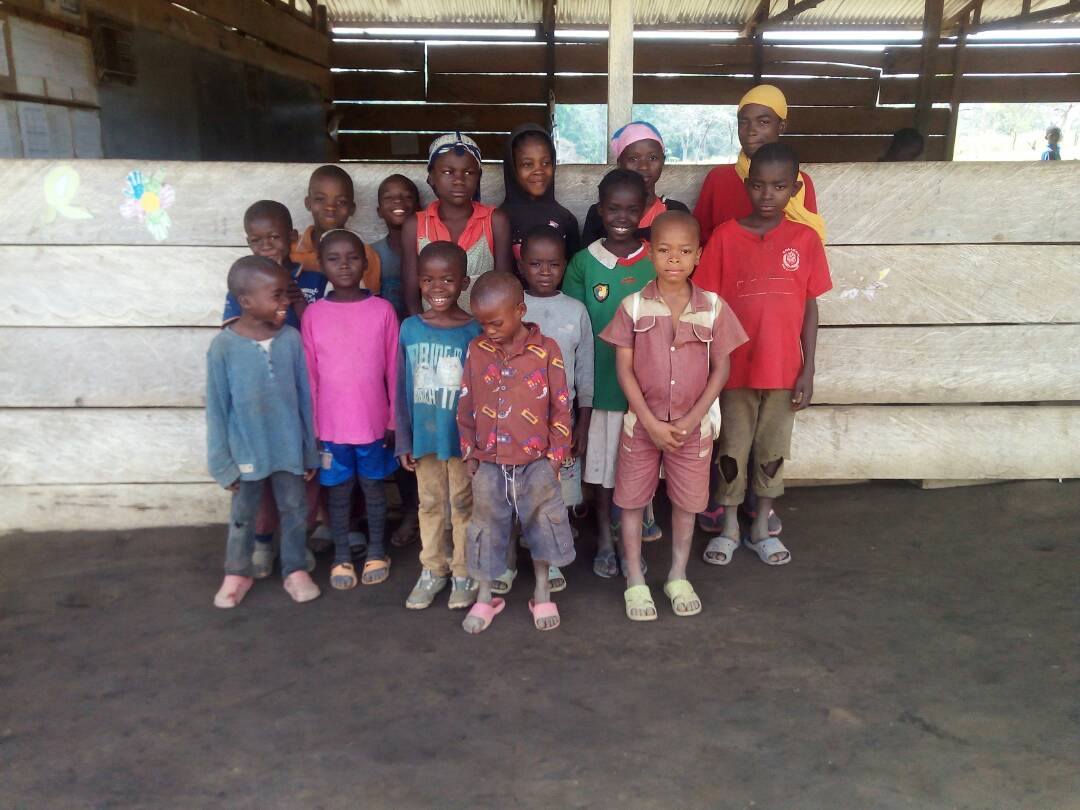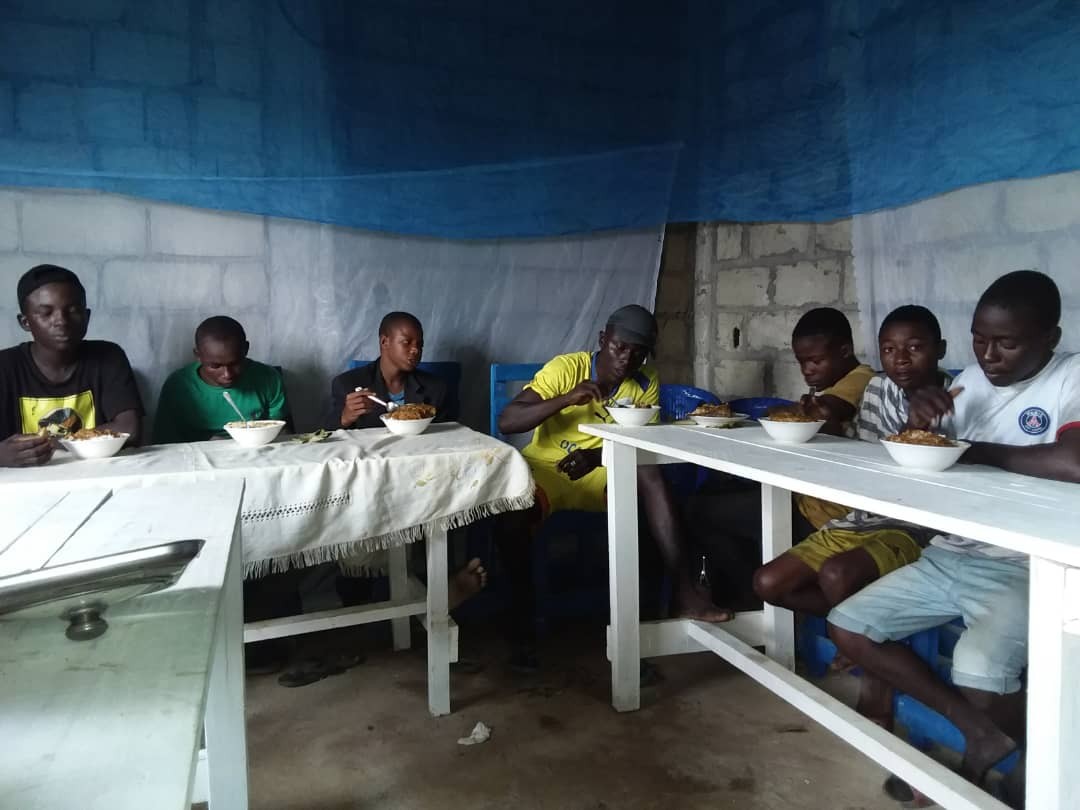 Fighting hunger, offering a better future for them
Fighting hunger, offering a better future for them
Feeding street youth in Cameroon and help them focus on their future
Mubarak was seven years old when he became homeless. Despite his young age, he knew that his family was poor and unable to meet his needs. He thought that in the street, he could survive by begging and doing odd jobs. Today Mubarak is twenty-one years old and he still lives on the streets. He doesn't have time to think about the future, to wonder what his dreams are, because his main concern is not to starve. There is no soup kitchen or food bank in Yaoundé, the city where Mubarak lives. So his daily life is devoted to seeking his subsistence. He is aware of the passing years, but every time he thinks he should find a job, his belly reminds him that it is difficult to project yourself so far into the future when you are hungry. Mubarak is one of 900 children who live on these streets and they all face the same challenge of surviving the day. And we want to offer these young people, at least one meal a day.
Necessity
Food for young people living in the streets of Yaoundé.
Activity
Go to the streets and distribute a meal to young people every day and also for the young people housed in our shelter.
Countable effort
40 street youth receive one meal a day and 10 former street youth are fed in the shelter.
Result
Thanks to this nutrition program, 10 young people leave the street every 3 months to settle in the shelter and return to school.
Systemic effect
Reduce the number of young people living in the streets by offering them a future and thus reduce the crime rate in the streets of Yaoundé.
Background
According to an article by the Cameroon Tribune, a Cameroonian newspaper, there were 900 children living in the streets of Cameroon in 2018, children barely five years old. The main reason for the presence of these children on the streets is poverty. The average monthly income in Yaoundé is $128, which is not enough for a family's monthly needs, requiring an average of $753. Some impacts of this poverty on children include: Parents cannot provide for their children. Poverty creates tensions in the home, often resulting in violence against children who eventually flee to the streets. Because of their inability to take care of their children, parents are often forced to entrust their children to people they believe to be of good character, but who are often people looking for free labor and who financially exploit these children, who in order to escape this exploitation, end up on the streets. Parents who, in search of a scapegoat for their misfortunes, come to see in their child the source of their ailments. They attribute him evil magic powers and they abandon him on the streets.
The good deed
Our project consists of two components, one that meets the primary needs of these street youth, providing them with at least one meal per day and temporary accommodation. The second component is education. This education is the establishment of an integrated coaching process that includes a series of activities, allowing young people to be accompanied until they return to school or enter the labor market. It is a three-dimensional program, which begins with the development of emotional intelligence (emotion management workshops), the acquisition of the knowledge necessary for job search and job retention (pre-employability and socio-professional workshops). Concretely, we want to go to the streets every day to distribute a meal to 40 young people. And because these young people will be assured that their primary needs will be met, they will be able to focus on their return to school and will agree to stay in our temporary shelter.

About Yaoundé, Cameroon
Yaoundé is the capital of Cameroon.
Population
Yaoundé
2,765,600
Per capita GDP
Cameroon
2,124.62 CA$ (2021)
HDI Cameroon 0.563
placed 153th of 189 countries
Cameroon located in Central Africa is called «Miniature Africa». Positioned directly on the equator, it has a diverse vegetation and a population of 27 million people.
About the organization and further information





